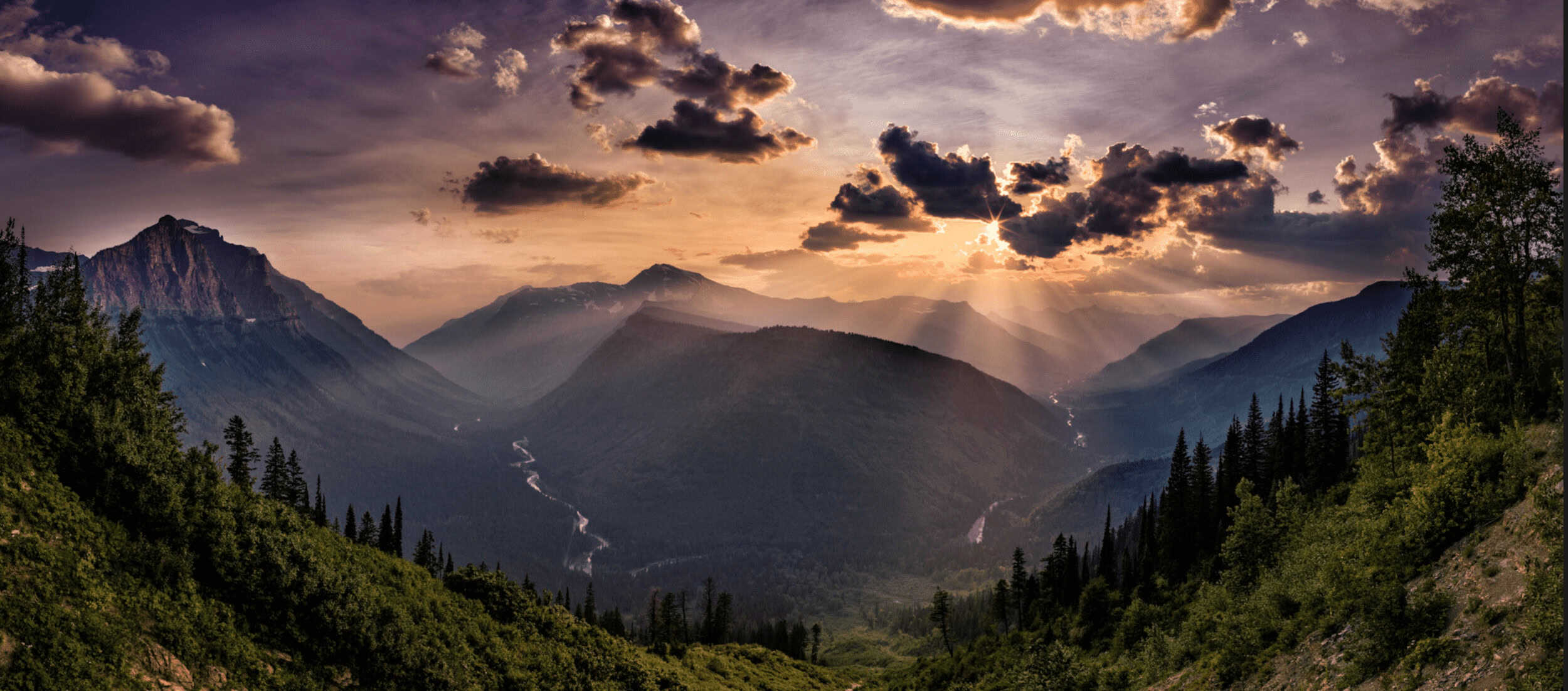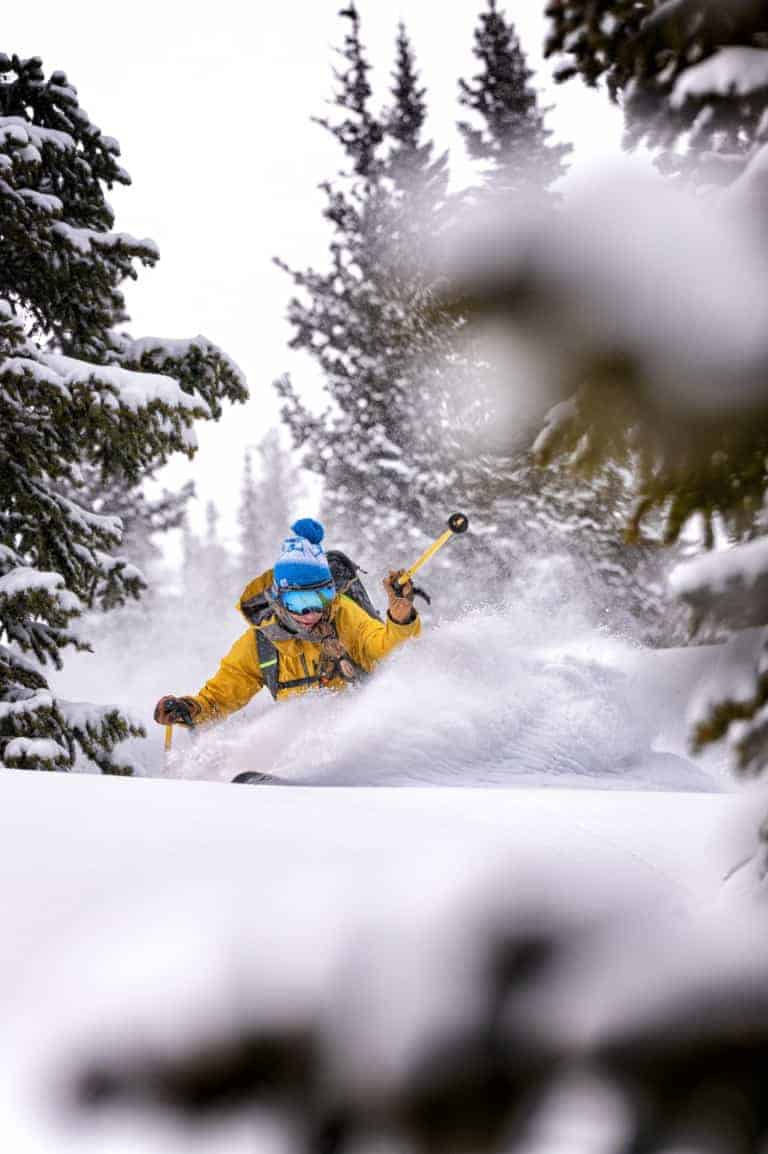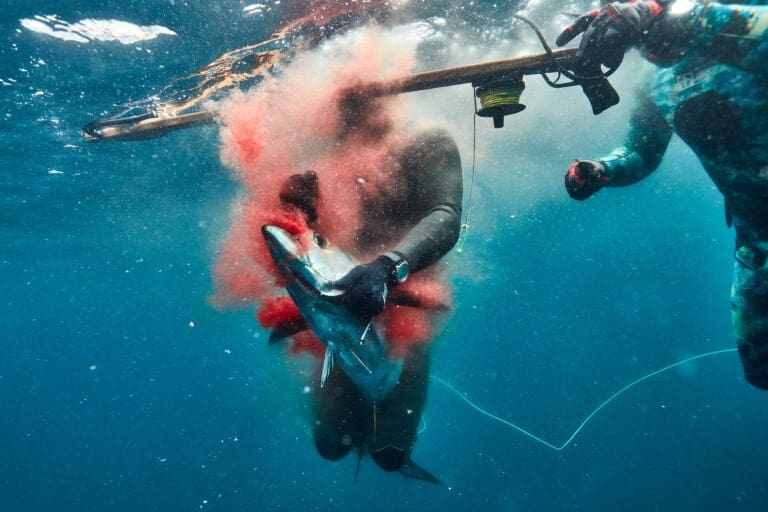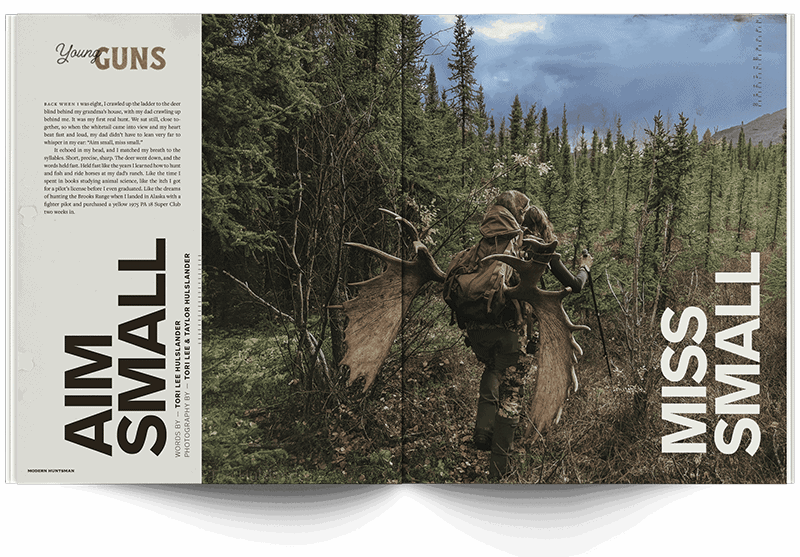How do you connect to nature on a regular basis
As a photographer frequently on the move, connecting to nature looks different almost every day. Some days it’s simply walking my dog at sunrise, other days it tackling a big mountain climb on my bicycle and of course, many of my favorite days are spent perched somewhere beautiful waiting hours for the light to fall just right on the landscape.
What I love about nature is that it’s dynamic — the sky above our heads is different between now and now and it’ll never be the same again. I’m often reminded of this quote from Ralph Waldo Emerson: “The sky is the daily bread of the eyes.” No matter where I find myself, whether in the heart of the city or the deep African bush, I know I can glance up at the sky to, at least briefly, reconnect to the natural world around me.
Do you have a good example of how companies, people or organisations are helping to rebuild the bridge and connection between people and nature?
Truthfully, I’m inspired by people all over the world who are doing their part to challenge and enable the human race to steward nature responsibly. As an artist, I’m especially drawn to work of individual filmmakers, musicians, photographers, poets and others who use their craft to beautifully share these important messages.
One organization I’ve had the pleasure of collaborating with over the years is Asilia Africa, a luxury safari operator in east Africa. While their core business remains traditional safari experiences in Tanzania, they’re also building research camps designed to facilitate Tanzanian research & conservation efforts. They’re now inviting safari guests into various research initiatives such as tracking and collaring lions to learn more about their movements through ecosystems. This of...





